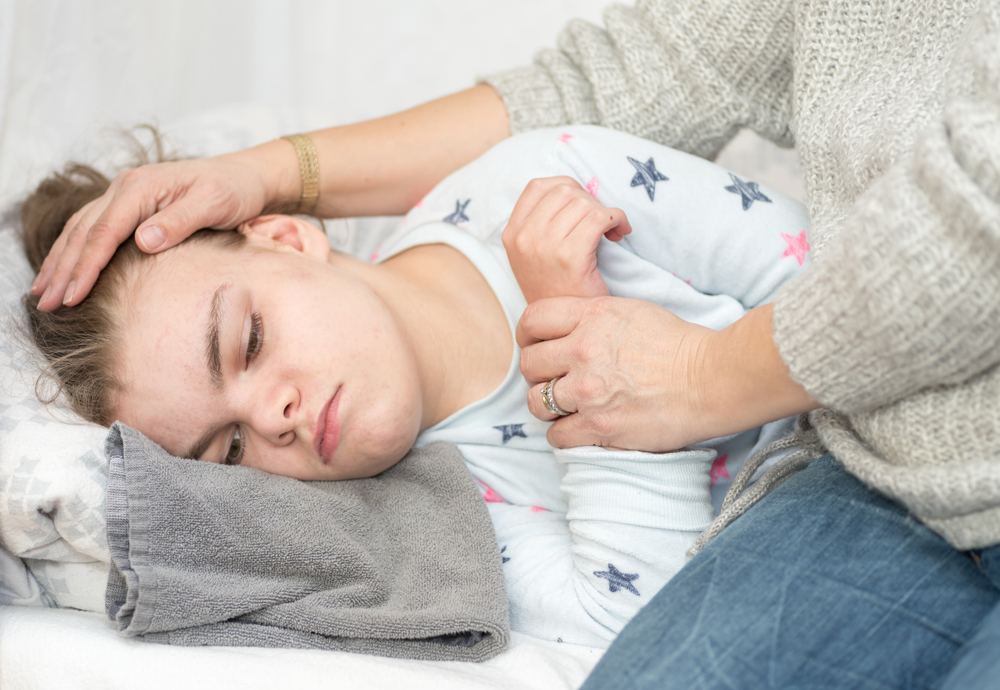Newsletter Signup - Under Article / In Page
"*" indicates required fields
UCB has announced the publication of long-term open-label extension (OLE) study results of FINTEPLA (fenfluramine) CIV in the journal Epilepsia.
Long-term efficacy and safety findings showed that FINTEPLA, when added to a patient’s current anti-epileptic treatment regimen for seizures associated with Lennox-Gastaut syndrome (LGS), was effective in reducing the frequency of multiple seizure types and was generally well tolerated during a median treatment duration of 364 days.
Study participants experienced a sustained reduction in the frequency of motor seizures including those that resulted in a drop or fall like generalized tonic-clonic seizures (GTCS), secondary GTCS, focal to bilateral tonic-clonic, tonic seizures, atonic seizures, and tonic-atonic seizures.
LGS is a severe childhood-onset developmental and epileptic encephalopathy characterized by drug-resistant seizures with high morbidity as well as serious impairment of neurodevelopmental, cognitive, and motor functions.
LGS has far-reaching effects beyond seizures, including issues with communication, psychiatric symptoms, sleep, behavioral challenges, and mobility. It affects 30,000 to 50,000 people in the U.S.
Important option
“This long-term safety and efficacy interim analysis of adjunctive FINTEPLA showed that patients with LGS experienced sustained, clinically meaningful reductions in the frequency of seizures associated with a drop, with a particularly robust reduction in the frequency of GTCS, which are associated with sudden unexpected death in epilepsy,” said Kelly Knupp, associate professor, Children’s Hospital Colorado, and principal investigator of the study.
“Given the sustained efficacy and tolerability of FINTEPLA over time, this medication could be an important long-term therapeutic option for patients with LGS, who are highly treatment-resistant, and could be an especially important therapeutic option for LGS patients who experience a high burden of GTCS.”
Trial results of FINTEPLA
Results of the OLE study showed the median percentage change in monthly frequency of seizures associated with a drop from pre-randomized baseline was -28.6% over the entire OLE and -50.5% at month 15. Nearly one-third of patients experienced a clinically meaningful 50% or greater reduction in the percentage of seizures associated with a drop, including 11.6% of patients who demonstrated a profound 75% or greater reduction.
The median percentage change in the frequency of all motor seizures was 45.9%. GTCS and tonic seizures were most responsive to LGS treatment with FINTEPLA. Over the entire OLE, the median percentage change in GTCS from pre-randomized baseline was -48.8% and, over time, ranged from -56.4% at months 7-9 to -79.1% at months 13-15.
The median percentage change in tonic seizures was -35.8% over the entire OLE and, over time, ranged from -37.1% at months 4-6 to -62.6% at months 13-15.
Within the study, the authors note the reason these data are compelling is because GTCS are commonly observed in patients with LGS. Moreover, GTCS may result in bodily injury. Sudden unexpected death in epilepsy (SUDEP) is a major concern for people living with LGS, and patients with a history of GTCS have an estimated 10-fold greater risk of SUDEP.
The OLE study also demonstrated that FINTEPLA was generally well tolerated. The most common treatment-emergent adverse events observed in the OLE were decreased appetite, fatigue, nasopharyngitis, and seizure. The cardiovascular safety in this study further corroborates the FINTEPLA safety profiles; no cases of valvular heart disease or pulmonary arterial hypertension were observed.
‘Strong evidence’
“This open label extension provides strong evidence that FINTEPLA is effective in reducing multiple seizure types associated with LGS, particularly more severe generalized seizures for up to 15 months,” said Brad Chapman, U.S. head of epilepsy and rare syndromes, UCB.
“We are pleased to be able to offer FINTEPLA to those living with and caring for people with LGS to help reduce the impact of this devastating disease and potentially, improve the quality of life for those living with LGS.”
Additional results of the OLE found that 37.6% of investigators and 35.2% of caregivers rated their patients as “much improved” or “very much improved” on the Clinical Global Impression of Improvement (CGI-I) scale.1
FINTEPLA was approved by the U.S. Food and Drug Administration (FDA) for the treatment of LGS in patients 2 years of age and older in March 2022 and for the treatment of Dravet syndrome (DS) in patients 2 years of age and older in June 2020. UCB acquired Zogenix, Inc. and FINTEPLA in March 2022.






